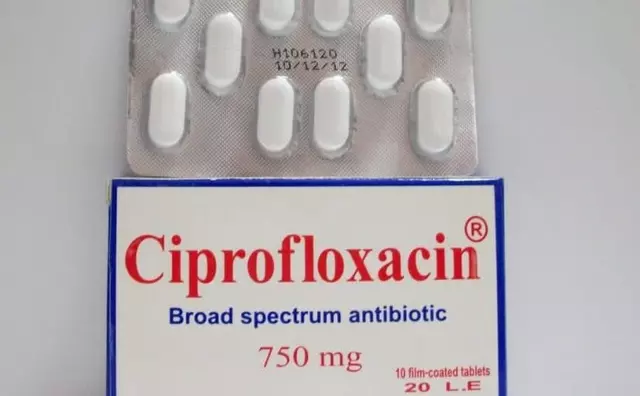Diet: Practical Nutrition Tips That Work With Your Meds
Diet isn't just about losing weight. What you eat affects how medicines work, how you feel day-to-day, and how fast you recover from illness. This page gives clear, useful rules you can use now—no fads, no complicated plans.
Quick, safe food rules
Check interactions before you mix foods, supplements, and drugs. Grapefruit can raise levels of many medicines like some statins and blood pressure drugs. Keep vitamin K-rich foods (like kale or spinach) consistent if you take warfarin—sudden changes can alter clotting. Take levothyroxine on an empty stomach and wait 30–60 minutes before eating; calcium and iron supplements reduce its absorption.
Watch fiber and fat timing. High-fiber meals can slow absorption of certain pills. On the flip side, some meds absorb better with fatty food—antifungals and some antivirals are examples. If you have diabetes or take insulin, keep carbs regular and count portions; don’t skip meals and then take full-dose meds.
Alcohol matters. It often worsens side effects (drowsiness, stomach upset) and can interfere with liver-metabolized drugs. If you’re unsure, skip alcohol while starting a new medication and ask your provider.
Meal ideas, swaps, and simple habits
Make small changes that matter. Swap refined carbs for whole grains to steady blood sugar. Add a protein source to morning meals to reduce mid-day energy crashes—eggs, Greek yogurt, or a handful of nuts work well. If you take antibiotics and worry about gut health, have yogurt with live cultures or a probiotic a few hours after the dose, not at the same time.
For heart and blood pressure health, lower salt gradually and use herbs for flavor. If a med raises potassium, avoid salt substitutes high in potassium unless your doctor clears them. If constipation is a side effect, boost fluids and fiber slowly—prunes, pears, and oats help without drastic changes.
Dealing with IBS or bloating? Try a low-FODMAP approach for a couple weeks, track what helps, and reintroduce foods one at a time. For weight loss or energy, focus on protein at each meal, vegetables on most plates, and mindful portion control—no crash diets.
Final tips: keep a short list of your meds and share it with any dietitian or pharmacist. When starting a new drug, Google the drug name plus "food interactions" and confirm with a clinician. Small, consistent food moves beat dramatic diet swings. If something feels off after a meal and a pill, call your provider—quick fixes are often simple.
If you want meal plans that match a specific condition or medication, tell us which one and we’ll point to practical guides and safe swaps tailored to your needs.

During my treatment with Velpatasvir, I've learned that maintaining a healthy diet is essential for optimal results. I make sure to eat a balanced diet rich in fruits, vegetables, whole grains, and lean proteins to support my body's recovery. It's crucial to avoid alcohol and high-fat foods, as they can interfere with the medication's effectiveness. I also stay hydrated by drinking plenty of water and avoiding excessive caffeine intake. By following these guidelines, I'm able to maximize the benefits of my Velpatasvir treatment and support my overall health.
Chris Gore May 9, 2023




